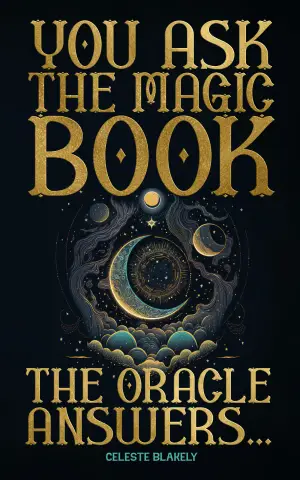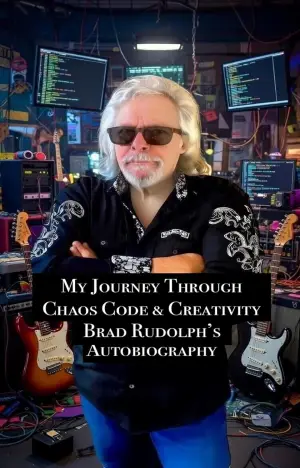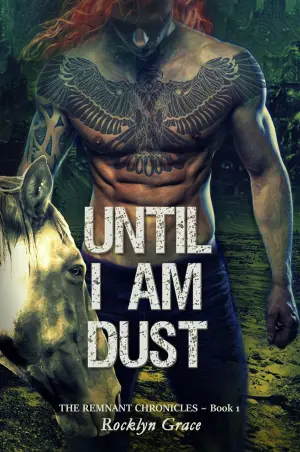I recently finished reading Adult Children Decoded by David Keyes, and I must say, this book has profoundly impacted my understanding of my own past. As someone who has always been drawn to self-help and psychology, I picked this book up because the title resonated with my experiences growing up in a dysfunctional environment. I was curious to explore how my childhood shaped my adult life and relationships, and this book promised a compassionate roadmap for healing.
What I found particularly striking about Adult Children Decoded was how it effectively blends personal stories with expert insights. Keyes invites readers to feel seen and understood, much like how it was described in the reviews. I found myself echoing John Archuleta’s sentiment about uncovering buried emotions. One moment I was reflecting on painful memories, and the next, I was equipped with practical tools to process them. This fusion of experience and expertise makes the book feel less like a distant manual and more like a conversation with a trusted friend who has walked a similar path.
The first positive aspect of this book is its compassionate tone. Brett D. Basil’s review captures this essence perfectly, noting the warmth that permeates the pages, making you feel safe. This was something I deeply appreciated. The approachable language was refreshing and a nice departure from overly clinical self-help literature that often feels alienating. The inviting style definitely pushed me to engage more openly with the material, allowing me to peel back layers of emotional pain that I had long kept hidden.
Another commendable aspect of the book is its practicality. The guidelines for setting boundaries without guilt and communicating with empathy were particularly empowering. I felt like I was equipped with a toolkit to reshape my interactions, as Bulah Herzog pointed out in her review regarding tangible steps toward healing. The exercises designed for emotional processing were not just theoretical; they encouraged actionable change, offering a real chance to reclaim my sense of self and inner peace.
However, no book is without its drawbacks. One critique I encountered—though it didn’t deter my overall experience—was that it focused heavily on emotional introspection, which might feel overwhelming for some readers at first. The emotional work required can sometimes feel heavier than anticipated. Additionally, while the gentle guidance is comforting, there were moments I wished for a bit more structured advice on navigating particularly challenging issues, especially for those deep in emotional turmoil.
Nevertheless, it’s important to remember that Adult Children Decoded serves as a guide, not a definitive answer book. The author emphasizes that the past does not define our future—a sentiment that permeates every relatable story and expert insight. This resonated deeply with me, as it has offered hope that I’m not forever tied to the patterns of my upbringing, a notion echoed by Pascale Schulist’s review describing the book as a “healing experience.”
One of my favorite takeaways was how it encouraged balance—between honoring my past and living authentically in the present. The cultural insights shared in the book, especially surrounding complex family dynamics, were eye-opening. They not only shed light on my experiences but also guided me to navigate them more consciously.
In conclusion, Adult Children Decoded is a heartfelt, empowering read that beautifully encapsulates the journey toward emotional freedom. It met my expectations and then some, providing me with a newfound sense of clarity and understanding. If you’re looking for not just a book but a companion on your path to healing—one that feels both validating and actionable—this is definitely worth your time. I highly recommend it! You’re not just reading a self-help book; you’re engaging in a transformative process that can help light your way toward a healthier, more authentic life.








